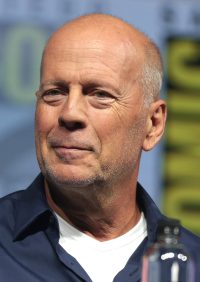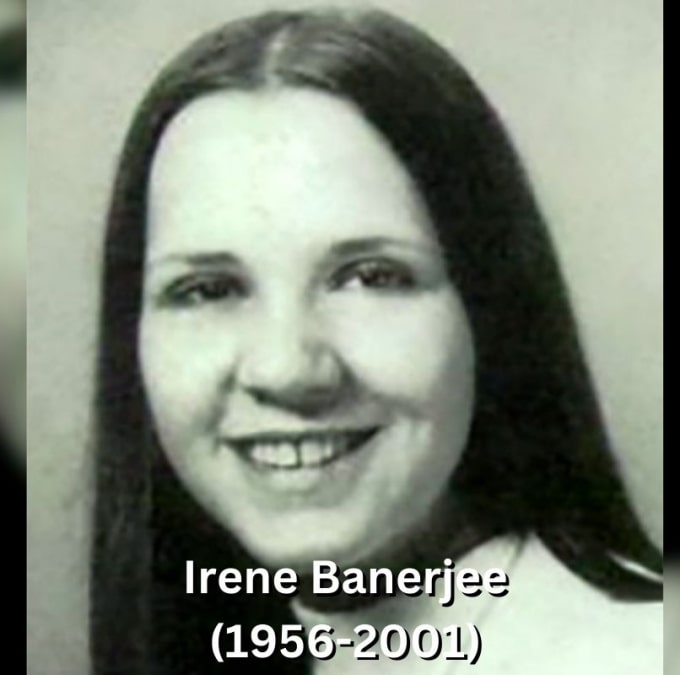Introduction: A Multi-Talented Luminary
Ossie Davis, born Raiford Chatman Davis, was a towering figure in American entertainment and civil rights. Known for his work as an actor, director, playwright, and activist, Davis left an indelible mark on theater, film, and television. As we move toward 2024, it's essential to delve into his life and career, exploring his financial legacy and the lasting impact he has had on arts and society.
Quick Facts About Ossie Davis
| Full Name | Raiford Chatman "Ossie" Davis |
|---|---|
| Date of Birth | December 18, 1917 |
| Date of Death | February 4, 2005 |
| Age (as of 2024) | Would be 106 |
| Occupation(s) | Actor, Director, Playwright, Activist |
| Nationality | American |
| Ethnicity | African American |
| Height and Weight | 6'3" (190 cm), 210 lbs (95 kg) |
| Net Worth (2024) | Estimated $3 million (adjusted for inflation) |
| Significant Relationships | Ruby Dee (spouse, m. 1948–2005) |
| Children | 3 (Nora, Hasna, Guy) |
| Known for | "Do the Right Thing," "Jungle Fever," "Cotton Comes to Harlem," "Purlie Victorious" |
| Major Awards | NAACP Image Awards, Emmy Awards, Grammy Awards |
Early Life: Roots and Education
Ossie Davis was born on December 18, 1917, in Cogdell, Georgia. Raised in a modest household, Davis grew up in a segregated America, an experience that profoundly shaped his worldview and career. He attended Howard University, where he first delved into acting, before transferring to Columbia University. His time at these institutions laid the groundwork for his future endeavors in both the arts and civil rights activism.
Career Highlights: From Humble Beginnings to Stardom
Early Career and Breakthroughs
Davis's career began in the late 1940s with stage performances that showcased his remarkable talent. His Broadway debut in "Jeb" (1946) was a significant milestone, marking the start of a prolific career. He quickly gained recognition for his powerful performances and compelling scripts, such as "Purlie Victorious," which he also wrote.
Major Achievements and Iconic Roles
Davis's filmography includes pivotal roles in movies like "Do the Right Thing" and "Jungle Fever." His collaboration with director Spike Lee was particularly noteworthy, bringing critical acclaim and solidifying his status as a versatile actor. Additionally, his work in "Cotton Comes to Harlem" showcased his skill as a director and writer, further expanding his influence in the industry.
Recent Developments and Continuing Influence
Although Davis passed away in 2005, his legacy continues through posthumous releases and ongoing recognition of his work. His films and plays remain relevant, often discussed in academic settings and celebrated in retrospectives.
Financial Legacy: Understanding Ossie Davis’s Net Worth
Sources of Income
Ossie Davis's wealth was derived from multiple sources:
- Acting: Earnings from films, television, and theater performances.
- Directing and Writing: Income from directing films and writing plays.
- Royalties: Ongoing revenue from the continued sale and distribution of his works.
- Investments: Real estate and other financial investments.
His net worth at the time of his death was approximately $2 million. When adjusted for inflation, this figure is estimated to be around $3 million in 2024.
Inflation and Posthumous Earnings
Posthumous earnings have contributed to the growth of Davis's estate. Royalties from film reruns, DVD sales, streaming services, and continued interest in his plays ensure a steady income. These factors, combined with the impact of inflation, help maintain and increase the value of his estate.
Personal Life: Relationships and Public Image
Family and Relationships
Ossie Davis was married to actress Ruby Dee from 1948 until his death in 2005. The couple had three children: Nora, Hasna, and Guy. Their partnership was not only personal but professional, as they often collaborated on projects and were mutual supporters of each other’s careers.
Public Perception
Davis was widely respected both for his artistic talent and his unwavering commitment to civil rights. He and Ruby Dee were known for their activism, making significant contributions to social justice causes. While he faced some controversies, his public image remained largely positive, marked by his integrity and dedication to his principles.
Legacy and Impact: A Lasting Influence
Ossie Davis's contributions to the arts and civil rights continue to resonate. His work paved the way for future generations of African American artists, and his activism inspired many to fight for equality and justice. His legacy is celebrated through awards, honors, and the enduring popularity of his work.
Frequently Asked Questions About Ossie Davis
How does Ossie Davis’s estate earn money after his passing?
- The estate earns money through royalties, licensing deals, and ongoing sales of his creative works.
Who manages Ossie Davis’s estate?
- Davis’s estate is managed by his heirs and any appointed executors or estate managers.
Can Ossie Davis’s net worth increase after his death?
- Yes, through posthumous earnings and the appreciation of assets, his net worth can increase.
Did Ossie Davis have any notable investments?
- While specific investment details are private, it’s common for celebrities to have diverse investment portfolios, including real estate.
What impact did Ossie Davis’s philanthropy have on his net worth?
- Philanthropy can reduce net worth but also enhance a celebrity’s legacy, potentially increasing the long-term value of their estate.
What are some of Ossie Davis’s most notable works?
- Notable works include "Do the Right Thing," "Jungle Fever," "Cotton Comes to Harlem," and "Purlie Victorious."
How has Ossie Davis influenced modern actors and activists?
- His multifaceted career and activism serve as a model for integrating artistic excellence with social justice, influencing contemporary figures in similar fields.
Conclusion: A Multifaceted Legacy
Ossie Davis's life and career were marked by extraordinary achievements in the arts and unwavering commitment to civil rights. His financial legacy, while a reflection of his success, also underscores the broader impact of his work. As we look to 2024 and beyond, Davis's contributions continue to inspire and resonate, cementing his place as a pivotal figure in American history.












